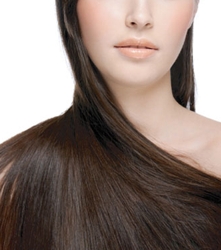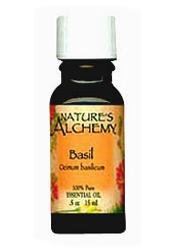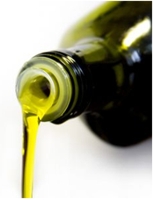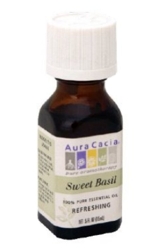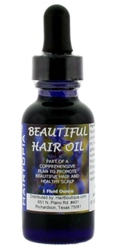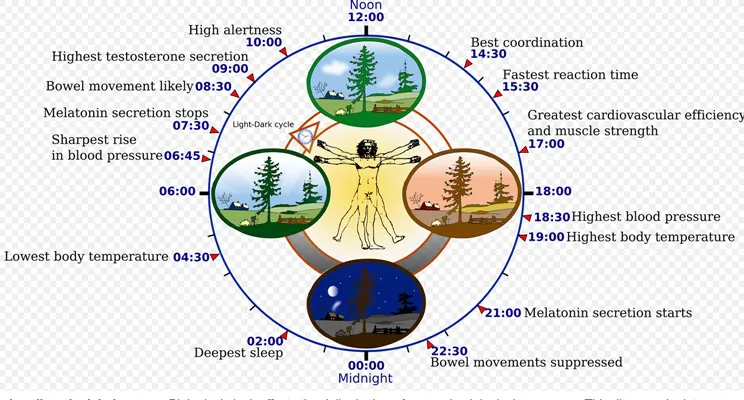
How Often To Oil Your Hair
How Often To Oil Your Hair
It's impossible to have silky, shiny tresses, if they happen to be dehydrated or lacking in {{asin=B001AO0WCG,text=proper moisture}}. One of the key ingredients of beautiful hair is moisture.
Oiling hair will provide a range of benefits including re-hydration, increasing the tensile strength of the strands, reducing frizziness and preventing splits or related breakage.
I'm a big fan of oiling my hair. Recently I utilized {{asin=B0019LTGOU,text=jojoba oil}} mixed with Sweet Basil Oil to bump up my own hair growth regime by applying the mixture to my scalp.
Start Slow When Figuring Out How Often To Oil Your Hair
In my article How To Oil Your Hair Properly I point out that before undertaking any time of a hair oiling routine, everyone should should start slow and experiment to find the best method for their hair type, texture, condition and lifestyle.
Hair oiling is not for all people and one size does not fit all.
Once you figure out whether or not you should oil your hair, the next big question is how often to oil your hair.
Hair Oiling Frequency
Ask anyone who oils their hair and the frequency they oil will vary greatly from person to person.
Hair oiling frequency might include the following:
- Daily
- Every other day
- Twice a week
- Once a week
- Twice a month
- Once a month
- Seasonally
- Only as needed
- Never
Results Of How Often Do You Oil Your Hair Poll
In a HairBoutique.com hair poll when asked about the frequency of hair oiling, the majority of respondents stated they oiled their hair daily.
The next most frequent oiling preference was every other day followed in popularity by once a week, twice a week, once a month, seasonally and then only as needed.
All of the poll respondents also provided their hair oiling methodologies which varied as much as the frequency of oiling.
Hair Oiling Methodologies
Hair oiling might be performed at the following times:
1. Pre-treatment oil treatment before cleansing.
2. After shampooing before the final rinse.3. Leave-in oil based {{asin=B001U9M2EW,text=conditioning treatment}} after hair has been washed and/or dried.
4. Deep conditioning treatments in between shampoo sessions as a temporary or overnight treatment.5. For dry and/or problem spot treatments. Treatment for split ends on a regular basis.
6. Before braiding and/or weaving.7. As a protective coating during chemical hair treatments.
8. Daily oiling for long tresses to protect from ongoing damage and encourage {{asin=B0019W0F3A,text= hair}} growth.9. Oiling to add shine, soften or for other hair care options.
Types Of Hair Oils Utilized
Hair oils range from a wide range of {{asin=B001AO0WCG,text=professional}} and/or consumer brands to every day oils such as jojoba (my personal favorite) Extra Virgin Olive Oil (EVOO) and coconut oil, to name a few.
Other common oil choices for hair oiling besides jojoba, EVOO and coconut include:
- Avocado oil
- Broccoli seed oil
- Evening Primrose oil
- Extra {{asin=B001ELLB16,text=virgin olive}} oil
- Neem
- Sesame oil
- Sweet almond oil
- Tsubaki
Summary - How Often To Oil Your Hair
One of the key ingredients of beautiful hair is moisture. It's impossible to have silky, shiny tresses, if they're dehydrated or lacking in proper moisture.
Utilizing a variety of oils applied to the hair in a method known as oiling may often provide a range of benefits.
Not all hair types, textures, lengths and conditions will benefit from oiling. Hair which is fine and/or thin may only benefit from spot oiling. Applying too much oil to fine or thin hair may cause the hair to become excessively oily.
Additionally, hair which is oily may also not be ideal for oiling.
What matters most when determining whether to oil or not, how often to oil, the type of oil to utilize and the method of oiling is to evaluate your basic hair type, texture, condition and lifestyle.
Disclaimer: All content provided in this blog is for informational purposes only.
Hairboutique.com makes no representations as to the accuracy or completeness of any information on this site or found by following any links on this site. All images are credited and constitute fair use. This site strictly follows all DMCA requirements.Social Media Network Information
Please follow us on Twitter at: https://Twitter.com/HairBoutique. I look forward to meeting new people from all walks of Twitter and learning from their Tweets.


